By Date
Interview with Professor Marvalee Wake
Watch the video of Professor Emeritus Jim Patton interview Professor of the Graduate School Marvalee Wake about her current and past scientific contributions to campus and the Department of Integrative Biology (video linked here).
Vernard Lewis honored by Pest Control Operators of California
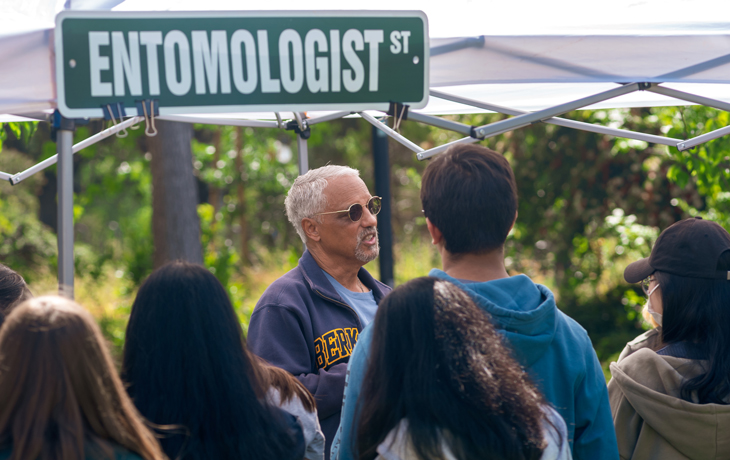 June 27, 2024
June 27, 2024 Lewis, a world-renowned termite expert and professor emerit of Cooperative Extension, received the organization’s Harvey Logan Lifetime Achievement Award.
Improving the resilience of California’s pinyon-juniper woodlands
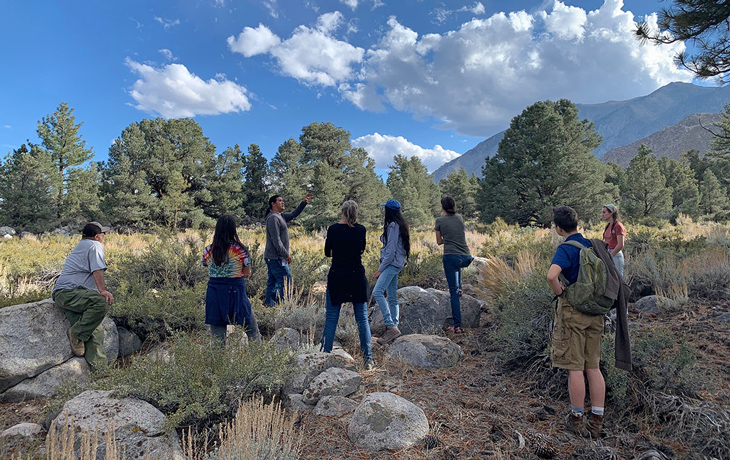 June 24, 2024
June 24, 2024 ESPM professor Miranda Redmond is leading a collaborative research project aimed at expanding Indigenous forest stewardship of the culturally important woodland ecosystems.
Unveiling the hidden culprits of air pollution in Los Angeles
 June 21, 2024
June 21, 2024 A new study led by UC Berkeley researchers found that trees and plants play an important role in the formation of summertime air pollution in the region.
Gomez awarded McKnight Scholar Award
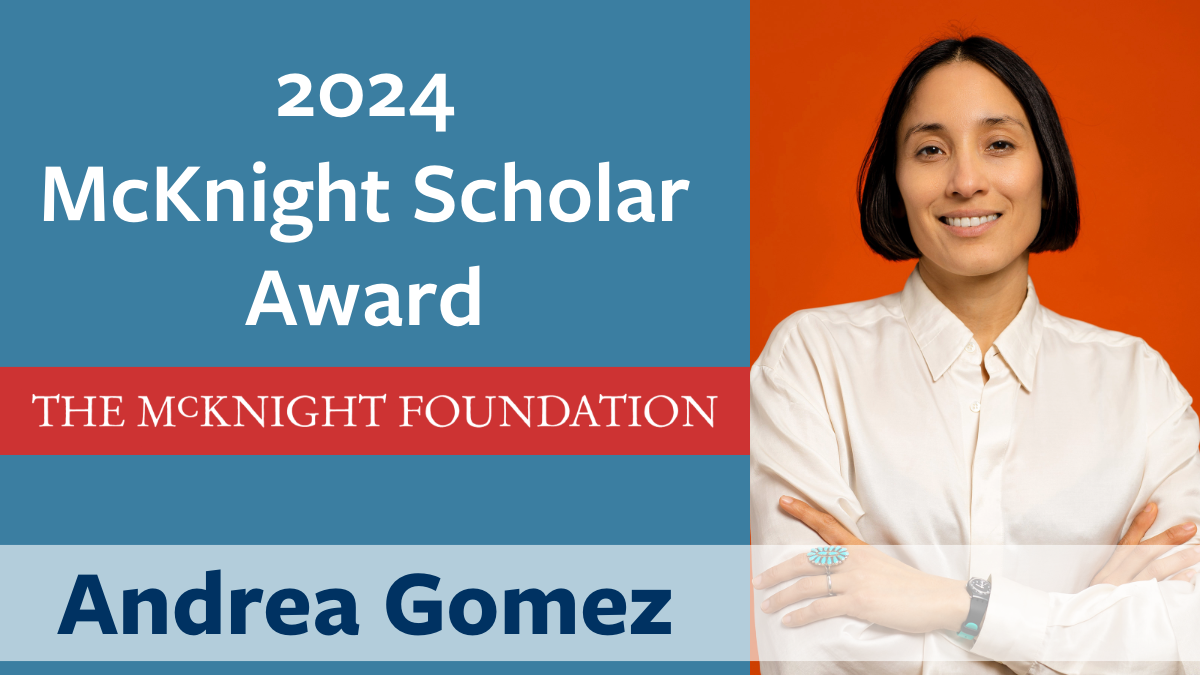 Assistant Professor of Neurobiology Andrea Gomez has been named a 2024 McKnight Scholar. This award, from the McKnight Endowment Fund for Neuroscience, is an early-career award given to ten scientists who have demonstrated a commitment to neuroscience. Gomez's award will support her research on the molecular basis of psychedelic-induced plasticity. Read more about the McKnight Scholar Awards and Gomez' research project here.
Assistant Professor of Neurobiology Andrea Gomez has been named a 2024 McKnight Scholar. This award, from the McKnight Endowment Fund for Neuroscience, is an early-career award given to ten scientists who have demonstrated a commitment to neuroscience. Gomez's award will support her research on the molecular basis of psychedelic-induced plasticity. Read more about the McKnight Scholar Awards and Gomez' research project here.
Güneş Parlakgül receives 2024 Career Award for Medical Scientists
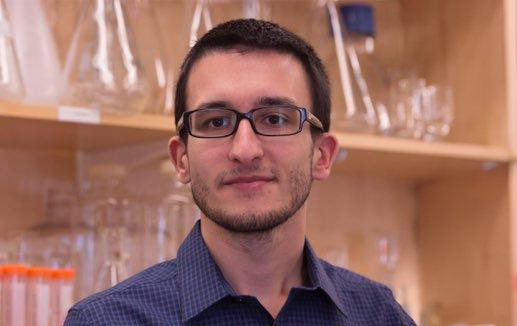 June 20, 2024
June 20, 2024 The adjunct assistant professor in NST will receive funding to support research on the role of endoplasmic reticulum structure in fatty liver disease.
Remembering Gabriel Trujillo

June 19th marks the one-year anniversary of the death of Gabriel Trujillo, a beloved member of our IB community. As we continue to mourn this loss, we invite you to celebrate Gabe’s life and legacy by sharing memories, photos, and reflections on our IB Kudoboard (linked here).
Nuñez named Pew biomedical scholar
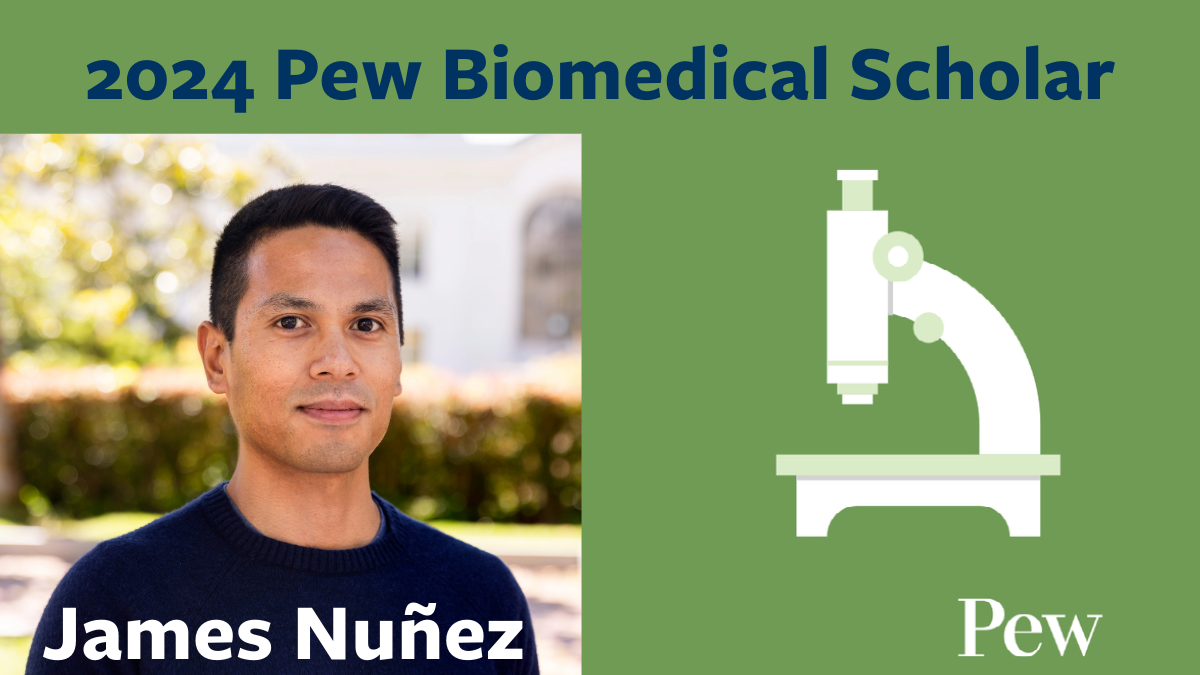 Assistant Professor of Biochemistry, Biophysics and Structural Biology James Nuñez was named a 2024 Pew Scholar in Biomedical Sciences. Nuñez is among 22 early-career scientists to receive this award for his research probing the mechanisms by which cells prevent transposable genetic elements from jumping around the genome. Read the Pew press release to learn more about the award.
Assistant Professor of Biochemistry, Biophysics and Structural Biology James Nuñez was named a 2024 Pew Scholar in Biomedical Sciences. Nuñez is among 22 early-career scientists to receive this award for his research probing the mechanisms by which cells prevent transposable genetic elements from jumping around the genome. Read the Pew press release to learn more about the award.
ImpriMed: Providing Personalized Medicine For Pets With Blood Cancer Diseases
Paolo D’Odorico awarded international water prize
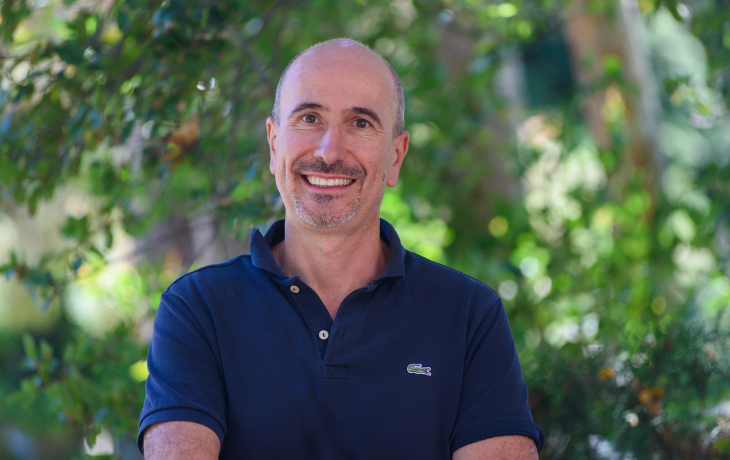 June 17, 2024
June 17, 2024 The ESPM professor was awarded the Prince Sultan Bin Abdulaziz International Prize for Water, which recognizes cutting-edge innovation in water research.
UC Berkeley ecologists featured in new Cal Academy exhibit
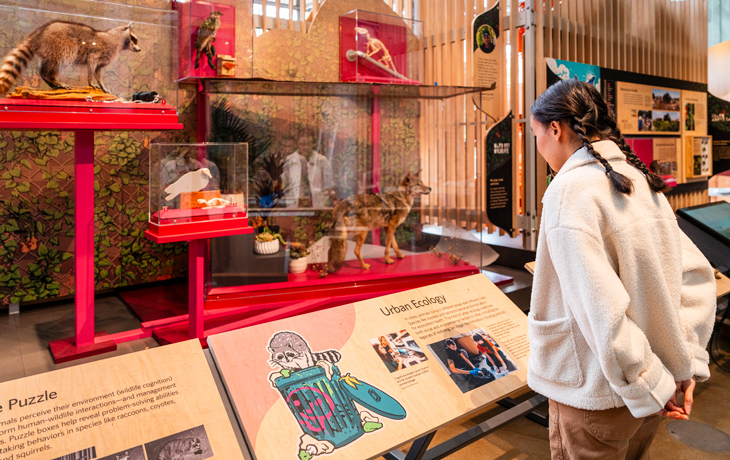 June 14, 2024
June 14, 2024 A new urban ecology exhibit at the California Academy of Sciences in San Francisco spotlights research from ESPM professor Christopher Schell and postdocs Lauren Stanton and Christine Wilkinson.
Study shows PFAS threat to drinking water in rural, predominantly Latinx communities
 June 13, 2024
June 13, 2024 A study led by ESPM and ERG researchers finds that public wells in communities of color might be disproportionately contaminated with harmful "forever chemicals."
So to speak: how bats and humans communicate

Can engineered plants help make baby formula as nutritious as breast milk?
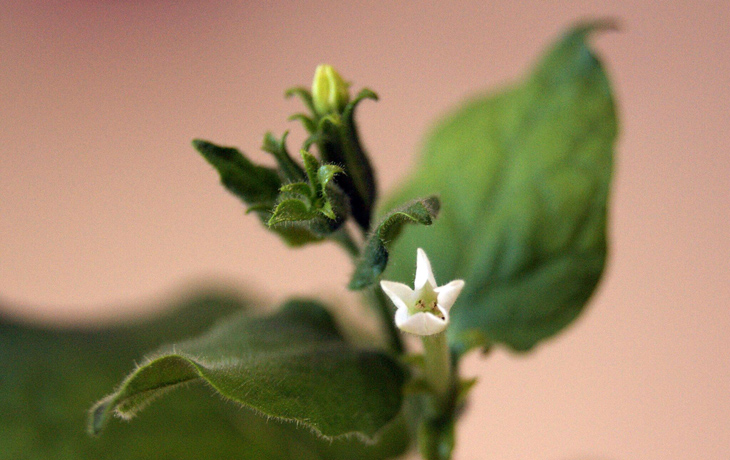 June 13, 2024
June 13, 2024 New research from the lab of PMB professor Patrick Shih shows that plants may hold the secret to improving commercial infant formula.
Seeburg Prize awarded to Dan
 Professor of Neurobiology Yang Dan has been awarded the 2024 Peter Seeburg Integrative Neuroscience Prize. This award is for for her ground-breaking research on elucidating the brain circuits that control behavior with a special emphasis on those neuronal networks that control sleep. Read more about the Seeburg prize and Dan's research here.
Professor of Neurobiology Yang Dan has been awarded the 2024 Peter Seeburg Integrative Neuroscience Prize. This award is for for her ground-breaking research on elucidating the brain circuits that control behavior with a special emphasis on those neuronal networks that control sleep. Read more about the Seeburg prize and Dan's research here.
Tsao wins Kavli Prize
 Professor of Neurobiology Doris Tsao was awarded the 2024 Kavli Prize in the field of neuroscience by the Norwegian Academy of Science and Letters. Tsao shares the prestigious neuroscience prize with two other scientists for the discovery and study of specific areas in the brain that recognize faces. Read more about the Kavli Prize and Tsao's research here.
Professor of Neurobiology Doris Tsao was awarded the 2024 Kavli Prize in the field of neuroscience by the Norwegian Academy of Science and Letters. Tsao shares the prestigious neuroscience prize with two other scientists for the discovery and study of specific areas in the brain that recognize faces. Read more about the Kavli Prize and Tsao's research here.
Historical redlining linked to lower urban wildlife biodiversity in California
 June 11, 2024
June 11, 2024 Historically redlined neighborhoods in four of California’s largest cities have significantly lower levels of native and non-native wildlife biodiversity compared to their greenlined counterparts.
Savage promoted to professor
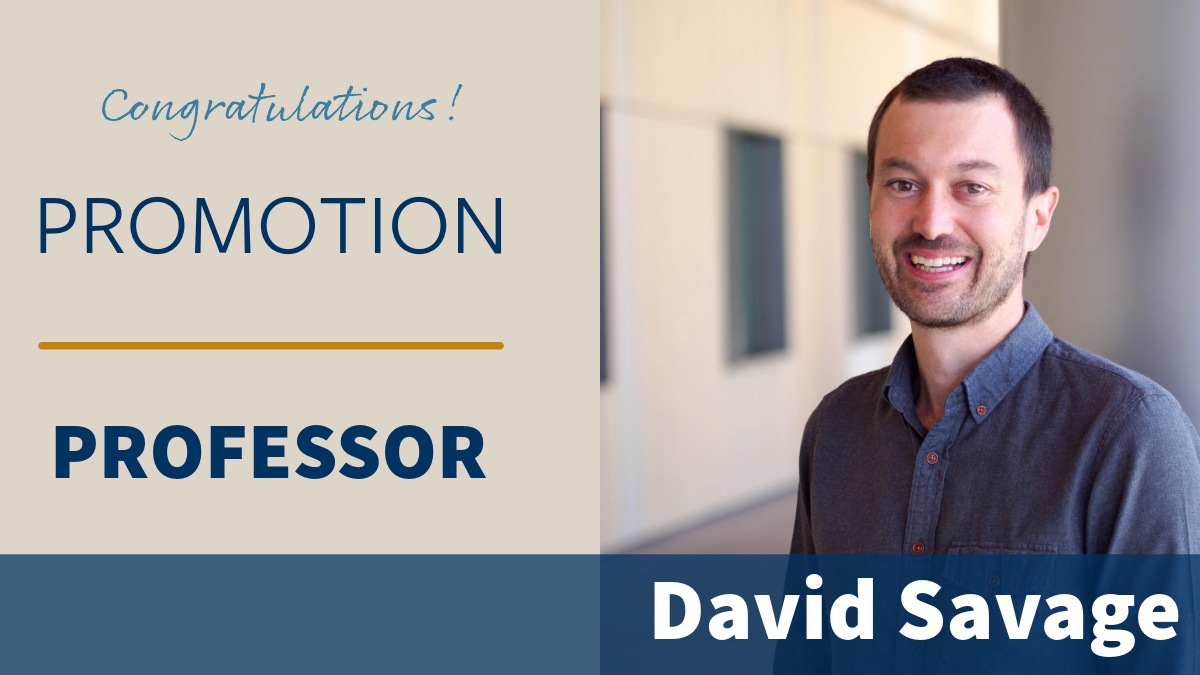 Congratulations to David Savage on his promotion to MCB Professor of Biochemistry, Biophysics and Structural Biology!
Congratulations to David Savage on his promotion to MCB Professor of Biochemistry, Biophysics and Structural Biology!
The Savage laboratory researches how protein machinery – including both enzymes and compartmentalization - facilitates the biochemistry of the cell. Read more...
Putting on the heat
Cool it down

